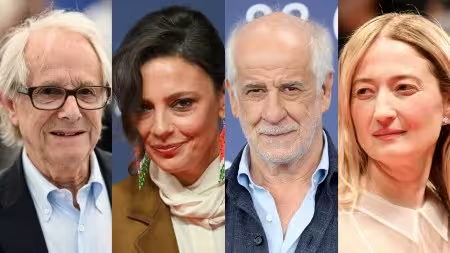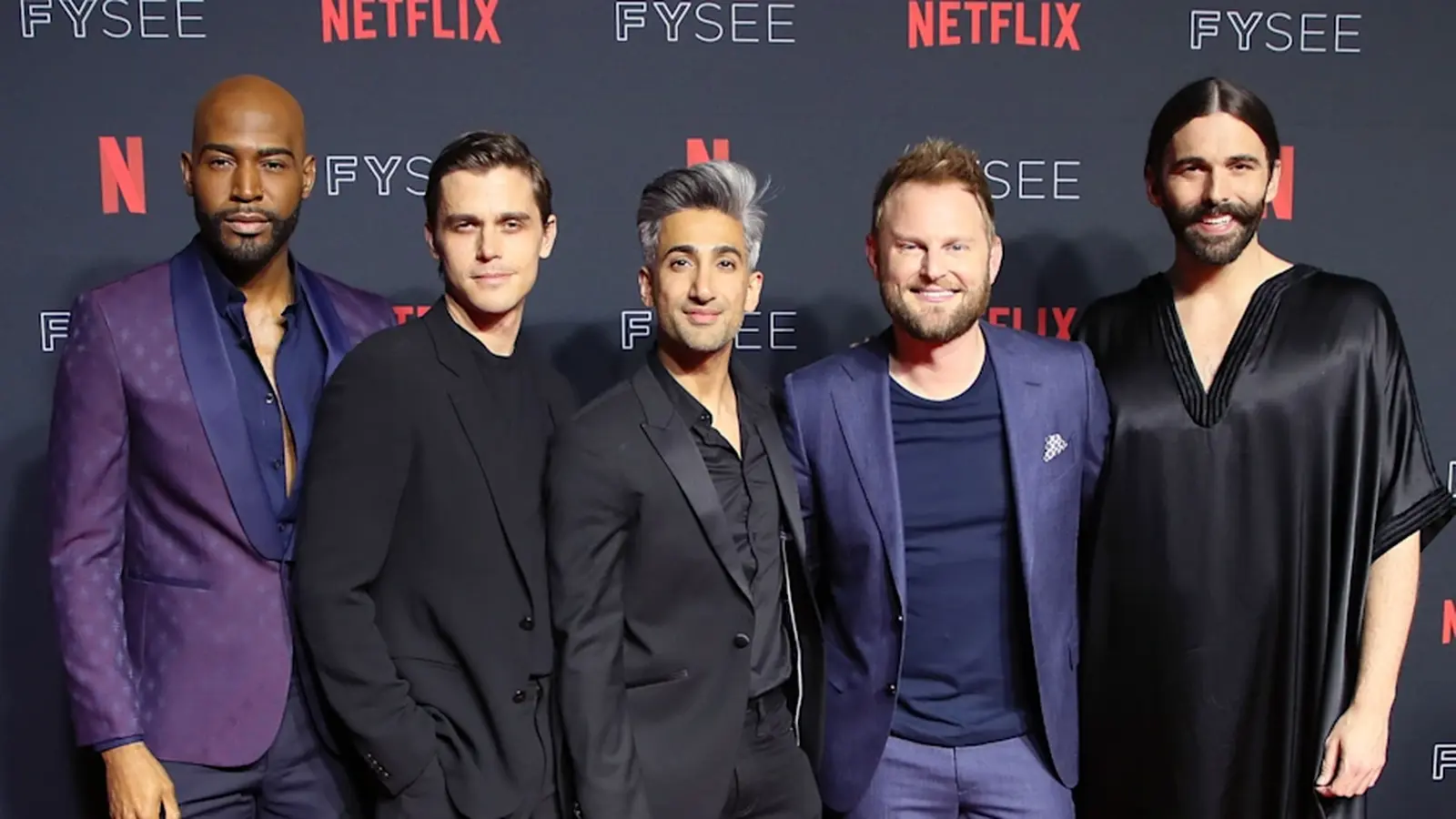5 Minutes
Artists demand Venice take a stand
Hundreds of filmmakers, actors and cultural figures from Italy and around the world have signed an open letter urging the Venice Film Festival to confront the humanitarian catastrophe in Gaza. The extraordinary roster includes veterans and festival fixtures such as Ken Loach, Toni Servillo (the star of Paolo Sorrentino's 2025 opener La Grazia), sisters Alba and Alice Rohrwacher, Jasmine Trinca, Céline Sciamma, Audrey Diwan, Charles Dance and Palestinian directing duo Arab Nasser and Tarzan Nasser, fresh from their Cannes Un Certain Regard prize for Once Upon a Time in Gaza.
"There is no cinema without humanity"
The letter argues that artistic institutions cannot remain neutral in the face of mass suffering, citing the deaths of nearly 250 Palestinian media workers since the conflict began. It pushes back against the old showbiz refrain that "the show must go on," insisting instead that the festival interrupt the "flow of indifference" and make space for Palestinian voices and sustained conversations about allegations of ethnic cleansing, apartheid and occupation.
Who signed and why it matters
The signatories span a wide artistic spectrum: politically minded auteurs like Ken Loach, whose social-realist films have long blurred politics and cinema; Paolo Sorrentino's inner-circle actor Toni Servillo; the poetic but politically attentive Rohrwachers; and Arab and Tarzan Nasser, whose recent Gaza-set film brings urgent regional testimony to European screens. That combination of festival stars and activists underscores a wider belief: film festivals are not just markets and premieres but public forums that shape cultural memory.
Comparisons and context
Once Upon a Time in Gaza can be read alongside other urgent conflict cinema—films like Kaouther Ben Hania's The Man Who Sold His Skin or last year’s Of Dogs and Men by Dani Rosenberg—works that aim to translate contemporary trauma into cinematic form. Paolo Sorrentino’s La Grazia, as a Venice opener, represents the festival’s appetite for auteur spectacle; the letter’s authors argue that such programming should be balanced with persistent platforms for stories from Gaza.

Biennale response and festival programming
The Biennale issued a measured reply, noting Venice's history as a place for open discussion and pointing to this year’s lineup as evidence. The statement highlighted Kaouther Ben Hania’s The Voice of Hind Rajab—a dramatization that addresses the killing of a five-year-old Palestinian girl—as a competition title. The Biennale also noted that last year’s slate included works made in the wake of October 7, suggesting Venice considers itself attentive and open to dialogue.
Film festivals as political stages
Film festivals have long been crucibles where art and activism collide. From Cannes premieres that provoke protests to Berlinale retrospectives that reopen historical debates, festivals steer international attention. Programming choices—what gets screened, what panels are hosted, who is visibly supported on the red carpet—send signals to industry insiders and global audiences alike. Organisers face pressure to be both curators and conscience-keepers.
Expert perspective
"Festivals have evolved into civic spaces where narrative and policy intersect," says film critic Anna Kovacs. "Venice has the visibility to amplify marginalised voices; how it responds will reverberate across festivals worldwide."
Protests, panels and public reaction
A separate group of Italian artists, the Artisti #NoBavaglio network, has called for a public "stop genocide" protest on August 30, during the festival’s opening weekend. Whether the festival will add dedicated panels, special screenings or continuous forums remains the central demand from petitioners: not a single gesture, they say, but a sustained "backdrop of conversations and initiatives" for Palestinian narratives.
What this means for audiences and the industry
For cinephiles and industry professionals, the debate raises practical questions about programming ethics, press coverage, and the role of film culture in times of conflict. Audiences now expect festivals to balance glamour with responsibility—both in what they show and how they facilitate difficult conversations.
Conclusion: cinema, conscience, and the Cannes-to-Venice debate
Venice’s response will test the festival’s role as an international cultural stage. Whether organisers choose to expand Palestinian representation and host continuous dialogue, or rely solely on their current slate, the conversation around Gaza has already reshaped expectations for what a global film festival should be—part cinema showcase, part public square. For a community that prizes storytelling, the question remains: can festivals hold premieres and accountability in the same frame?
Source: hollywoodreporter



Leave a Comment